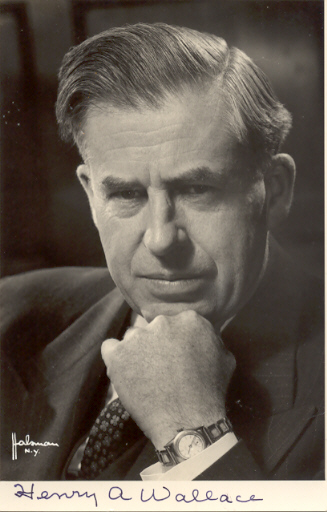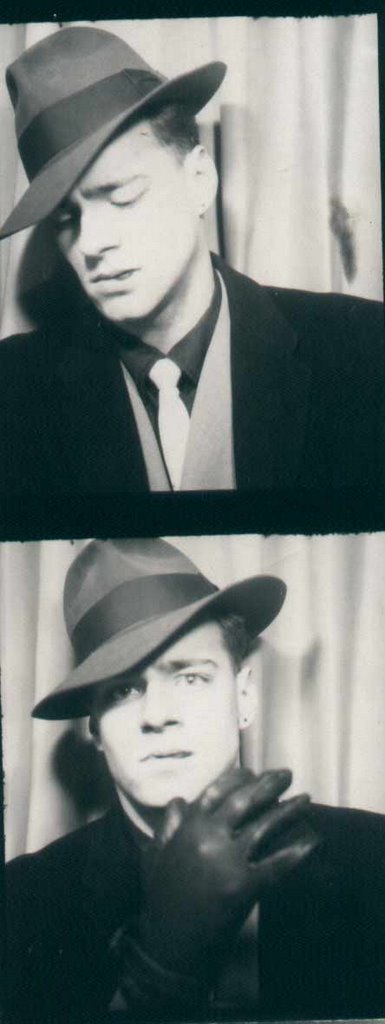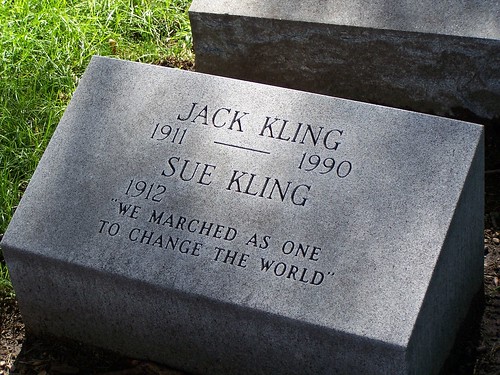
Recently, the Washoe County School District agreed to a $451,000- settlement to
Derek Henkle, now twenty-one, who had been rather egregiously bullied throughout his school career in Reno Nevada. Starting in junior high school, Henkle had been taunted, spat upon, and beaten up. In 1995 students had thrown a lasso around his neck and threatened to drag him down the highway behind a pick-up truck. The next year he was punched six times in the face while two school security guards stood by and did nothing. Plainly, officials were remiss in providing a safe environment for Derek Henkle and, while we may find the settlement rather large, we should keep in mind that a large settlement would send a message to administrators that physical violence should never be tolerated in our schools.
What is distressing about the settlement is that it also calls for new school policies protecting gay and lesbian students including a district-wide program of re-education. You see, Derek Henkle was openly gay and the allegation is that this is why he was subjected to abuse.
Well — I doubt it.
I know a good deal about bullying because I was unrelentingly bullied all through junior high school. I can tell you right now I wasn’t bullied because I was under-weight (though I was puny), nor was I bullied because I wore glasses (though I can’t begin to count the number of times that my glasses became the object of a game of “keep away”), nor was I bullied because I was a loner with intellectual pretensions.
I was bullied because I was an easy mark. When I got to high school I toughened up by playing lacrosse, put on some weight, found some friends to hang-out with, and I got contact lenses. (To this day no one has ever picked a fight with me when I was not wearing glasses.) That is:
I stopped being an easy mark and the bullying disappeared.Evidently one principal understood that bullies simply pick out the easiest mark and actually demanded that Henkle hide his sexual orientation. Of course, this is just another instance of blaming the victim. Flaunting his homosexuality didn’t give anyone the right to beat up Derek Henkle, anymore that being an underweight, near-sighted Poindexter gave anyone the right to beat me up, but at least I had the sense to change the things that made me a target. In other words, while all victims are innocent, not all victims can be called disingenuous.
Take another prominent victim of “homophobia,” Matthew Shepard. The fact that Shepard was gay was merely an excuse for Aaron McKinney and Russell Henderson to beat him up. Even the most cursory glance at the pathetic existence these losers were living will make it self evident that they would beat up anyone they could for a thrill on a Saturday night.
Camille Paglia has pointed out that anyone with a Swiss education (as Matthew Shepard had), certainly knew “rough trade” when he saw it. Similarly, the punks who crucified Shepard were not genuinely offended, they merely feigned ofence in order to justify the beating they gave him, just as they might have made jealous accusations in order to beat up a girl friend or start a bar fight. It is telling that they stole his house keys and wallet with the intention of burglarizing his flat. They were bullies and any target would do: a Mexican laborer who couldn’t speak English to their satisfaction, a stranger in town with a “bad attitude,” a Mormon missionary trying to convert them, a girl who proved to be a “tease,” what used to be called an “uppity nigger.” Isn’t is just as easy to picture McKinney and Henderson dragging James Byrd, Jr. behind a pick-up truck as it is to see them crucifying Matthew Shepherd?
The idea that re-education will solve or even ameliorate this problem is both misguided and counter-productive. Education, the panacea of liberals, has little social effect. Massive programs of sex education have done nothing to stop a tidal waive of teen-age pregnancies. Aids education served only to spread panic among the heterosexual population (who had very little to fear) and served as a disastrous substitute for proven public health measures like quarantine and contact tracing. Insurance rates will illustrate that a sixteen-year-old who passed “drivers education” is still an irresponsible teenager who has no business behind the wheel of a car.
There are two things that do work rather well for controlling social behavior: stigma and punishment.
In my lifetime I have seen what is socially acceptable change and behavior change with it. Because they are now stigmatized such routine anti-social behaviors as littering, smoking indoors, and making racist remarks have all but disappeared. Similarly, due to social opprobrium, rates of drunk driving are down significantly. On the other hand, the disappearance of social stigma has lead to a vast increase in the rates of unwed motherhood, drug use, and divorce. Stigma is a powerful tool and, instead of dismissing bullying as “boys being boys,” teachers and authority figures should do all they can to make such behavior socially unacceptable.
Punishment works well too. Before the “reforms” of the 1960’s, bullies were routinely suspended, expelled, or confined to detention. Nowadays, the policy at my children’s elementary school makes a mockery of any sort of real punishment for bullies. There must be six incidents of bullying before the student is suspended. If the target of the bully fights back, however, then the incident goes on both students records. And (here’s the kicker!), if a student has a “learning disability” then he cannot be suspended for bullying
— as if it isn’t the stupid kids doing the bulk of the harassing! Such policies are a cruel joke and need to be tightened into real discipline. It makes no difference why people spat upon Derek Henkle, no bullies have any place in our public schools.







